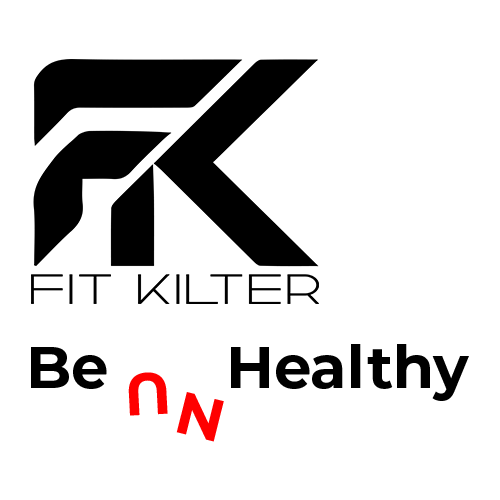Introduction
The journey towards effective weight loss has been transformed by the integration of cutting-edge fitness science and technology. This article delves into the latest advancements in these fields, offering insights into calorie intake, exercise strategies, motivation, and more. By harnessing the power of modern science and technology, individuals can unlock the secrets to successful and sustainable weight loss.
How Many Calories Should I Eat to Lose Weight?
Gone are the days of generic calorie counts. New tools, such as metabolic rate assessments and personalized nutrition apps, enable precise caloric recommendations tailored to individual factors like age, gender, activity level, and body composition. By understanding one’s basal metabolic rate and accounting for physical activity, individuals can create a personalized calorie deficit optimized for weight loss.
Effective Exercises for Weight Loss
Incorporating the latest insights from fitness science, experts recommend a combination of high-intensity interval training (HIIT) and strength training. HIIT elevates calorie burn even after the workout ends, while strength training builds lean muscle mass, boosting metabolism. Wearable devices track exercise intensity, helping individuals optimize their routines for maximum fat loss.
Losing Belly Fat: The Targeted Approach
Recent research emphasizes that spot reduction is a myth, but specific exercises can complement overall weight loss efforts. Core-strengthening exercises like planks and bicycle crunches help strengthen abdominal muscles and improve posture, leading to a leaner appearance.
Healthy Snacks for Weight Loss
Advancements in nutrition science have led to the discovery of snacks that promote satiety and fat loss. Nutrient-dense options like Greek yogurt with berries, roasted chickpeas, and almond butter on whole-grain toast provide a balance of macronutrients and keep hunger at bay.
Intermittent Fasting’s Impact on Weight Loss
Intermittent fasting (IF) has garnered attention for its potential weight loss benefits. New studies shed light on how IF affects metabolism, hunger hormones, and fat oxidation. Technological fasting apps guide individuals through fasting windows, promoting adherence and optimizing results.
Staying Motivated: The Role of Wearables
Wearable fitness technology is not only about tracking steps; it’s a powerful motivator. Smartwatches monitor heart rate, sleep quality, and even stress levels. Analyzing progress over time through these devices can reignite motivation and inform adjustments to routines.
Weight Loss Tips for Beginners
Modern fitness science emphasizes gradual, sustainable changes. Online fitness communities and apps offer beginners a supportive environment to learn proper exercise techniques, track progress, and share success stories. These platforms leverage social connections to maintain motivation and accountability.
Cardio vs. Strength Training: The Optimal Balance
The debate between cardio and strength training has evolved. Current research advocates for a balanced approach that includes both. Cardio boosts calorie burn, while strength training preserves muscle mass and enhances resting metabolism. Technology-assisted workouts integrate these elements seamlessly.
Conclusion
The synergy of fitness science and technology has ushered in a new era of weight loss strategies. From personalized caloric targets to dynamic exercise routines and motivational tools, these advancements guide individuals towards healthier lifestyles. As science continues to unravel the complexities of weight loss, technology empowers us to customize our approach and embark on a transformative journey toward sustainable well-being.













